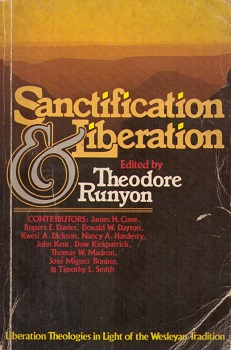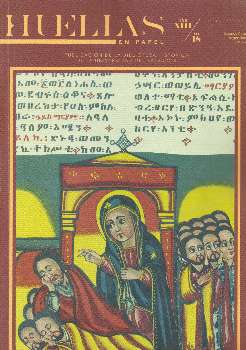
Donación Raquel M. Cáceres.
Wesley saw salvation as a transforming of the individual and of society. Christian desillusionment with an imperfect world, he felt, could be channeled into social concerns, where it would provide "motivation for reform in light of a more perfect way". The authors see modern liberationists as being sparked by a similar desire for reform. They relate the Wesleyan heritage to today's world by individually probing the social implications of Wesley's ministry-his attacks on economic oppression, his championship of antislavery, and his encouragement of the contributions of women in Wesleyan societies. Wesley and the theologies of liberation. Wesley's doctrine of sanctification from a liberationist perspective. Justification, sanctification, and the liberation of the person. Methodism and social change in Britain. John Wesley on economics. Holiness and radicalism in nineteenth-century America. Whither Evangelicalism? Wesleyan movement and women's liberation. Sanctification and liberation in the black religious tradition. Methodist witness and the African situation. Liberating pastoral for the rich.


![Transformaciones y desafíos de la industria metalúrgica rosarina a comienzos de siglo XXI / [coordinado por] Gabriel Frontons [y] María Fernanda Ghilardi.](https://www.ucel.edu.ar/wp-content/uploads/2025/09/U17146.jpg)
